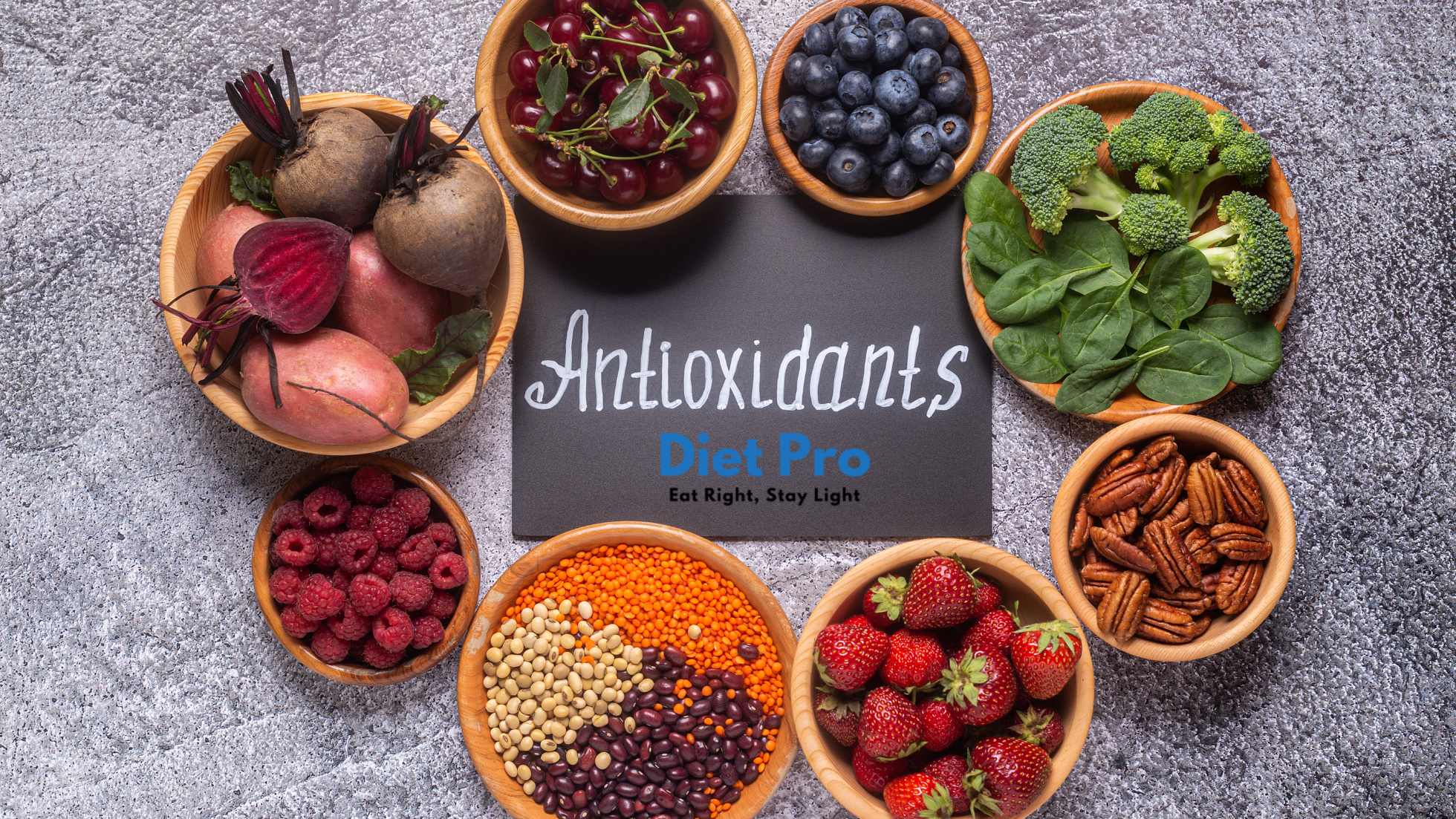Jaundice is a common liver disorder that causes yellowing of the skin and eyes due to the accumulation of bilirubin. While medical treatment is crucial, a well-planned diet plays a vital role in managing jaundice and aiding the recovery process. In this blog post, we will explore the Indian diet for jaundice patients, focusing on nutrient-rich foods, dietary modifications, and essential tips to promote liver health and enhance the healing process.
Indian Diet for Jaundice Patients

Understanding Jaundice
A. Brief explanation of jaundice and its causes
Jaundice occurs when the liver is unable to process bilirubin, a yellow pigment produced during the breakdown of red blood cells. This buildup of bilirubin in the body leads to the characteristic yellowing of the skin and eyes. B. There are various causes of jaundice, including liver diseases, hepatitis, obstruction of bile ducts, and certain medications. It is important to identify the underlying cause to determine the appropriate treatment approach.
B. Importance of diet managing in jaundice
Diet plays a crucial role in managing jaundice because certain foods can support liver health and aid in the elimination of bilirubin from the body. B. A well-balanced and nutritious diet can provide essential nutrients that support the liver’s functioning and help in the regeneration of liver cells. C. Opting for a diet rich in antioxidants, vitamins (particularly vitamin K and B complex), minerals (like zinc and selenium), and omega-3 fatty acids can promote liver health and aid in the recovery process. D. It is also important to address nutritional deficiencies that may arise during jaundice, such as protein deficiency and deficiencies in vitamins like vitamin C, vitamin E, and the B vitamins.
The Role of Nutrition in Jaundice Recovery
A. Key nutrients required for liver health
The liver is a vital organ responsible for processing nutrients, filtering toxins, and producing essential substances. When it comes to jaundice recovery, certain key nutrients play a crucial role in supporting liver health and aiding the healing process. These include:
- Antioxidants: Found in fruits and vegetables, antioxidants like vitamin C and E help protect the liver cells from damage caused by free radicals.
- B Vitamins: B vitamins, particularly B12 and folate, support liver function and aid in the production of red blood cells.
- Vitamin K: Essential for blood clotting, vitamin K helps prevent excessive bleeding that may occur due to liver damage.
- Zinc: This mineral assists in liver regeneration and plays a role in immune function.
- Omega-3 Fatty Acids: Found in fatty fish, flaxseeds, and walnuts, omega-3 fatty acids have anti-inflammatory properties that benefit liver health.

B. Nutritional deficiencies often associated with jaundice
During jaundice, the liver’s ability to absorb and process nutrients may be impaired. This can lead to nutritional deficiencies that hinder the healing process. Common deficiencies include:
- Protein Deficiency: Jaundice can cause a decrease in appetite, leading to inadequate protein intake. Protein is essential for tissue repair and maintaining a strong immune system.
- Vitamin Deficiencies: Vitamin C, E, B12, and folate deficiencies are commonly observed in jaundice patients. These vitamins are crucial for overall health and play important roles in liver function.
- Mineral Deficiencies: Jaundice can result in reduced absorption of minerals like zinc, selenium, and magnesium, which are necessary for various bodily functions.
C. Benefits of a well-balanced diet for jaundice patients
Adopting a well-balanced diet has several benefits for jaundice patients:
- Supports Liver Function: A diet rich in essential nutrients provides the liver with the necessary building blocks for optimal functioning and aids in the regeneration of damaged liver cells.
- Boosts Immunity: A well-balanced diet strengthens the immune system, helping the body fight off infections and recover faster.
- Promotes Healing: Nutrient-dense foods aid in tissue repair and promote the healing process.
- Provides Energy: A balanced diet ensures an adequate supply of energy, which is vital for the body’s recovery and overall well-being.
-
Maintains Overall Health: Optimal nutrition helps maintain overall health, reduces complications, and supports other organ systems, contributing to a faster recovery.
Designing an Indian Diet Plan for Jaundice Patients
A. Importance of medical consultation and individualized diet plans
Before implementing any dietary changes, it is crucial for jaundice patients to seek medical consultation. Healthcare professionals or nutritionists can assess the severity of the condition, identify specific dietary needs, and create an individualized diet plan based on the patient’s medical history and nutritional requirements.
B. General guidelines for an Indian diet during jaundice
1. Fluid intake and hydration
- Adequate hydration is essential for flushing out toxins from the body and supporting liver function. Drink plenty of water, fresh fruit juices, coconut water, herbal teas, and clear soups to stay hydrated. This is major in indian diet for jaundice patients.
2. Macronutrient distribution (carbohydrates, proteins, and fats)
- Carbohydrates: Opt for complex carbohydrates like whole grains (brown rice, whole wheat, millets) and legumes, as they provide sustained energy without causing blood sugar spikes.
- Proteins: Include lean sources of protein such as skinless chicken, fish, lentils, beans, and tofu. Protein aids in tissue repair and supports immune function.
- Fats: Choose healthy fats like nuts, seeds, avocados, and olive oil. Avoid saturated and trans fats found in fried and processed foods.
- Importance of Fiber-rich Foods:
- Include plenty of fiber-rich foods like fresh fruits, vegetables, whole grains, and legumes in your diet. Fiber aids in digestion, prevents constipation, and supports overall gut health. This one is also main in indian diet for jaundice patients .
- Dietary Restrictions:
- Avoid alcohol completely as it can further damage the liver.
- Limit the intake of fatty and processed foods, as they are difficult to digest and may strain the liver.
- Recommended Cooking Methods:
- Opt for cooking methods like boiling, steaming, baking, and grilling rather than deep-frying. These methods help retain the nutritional value of the food without adding excess fats.
- Timing and Portion Control:
- Eat regular meals and avoid skipping meals to maintain stable blood sugar levels.
- Practice portion control to prevent overeating and aid in digestion. Opt for smaller, frequent meals rather than large, heavy meals.
Nutrient-Rich Foods for Jaundice Patients
A. Liver-Friendly Fruits and Vegetables:
Include the following liver-friendly fruits and vegetables in your diet:
- Citrus Fruits: Oranges, lemons, grapefruits, and kiwis are rich in vitamin C and antioxidants, which help in detoxification and support liver health.
- Berries: Blueberries, strawberries, and raspberries are packed with antioxidants and fiber, providing numerous health benefits and supporting liver function.
- Leafy Greens: Spinach, kale, mustard greens, and broccoli are excellent sources of vitamins, minerals, and antioxidants that aid in liver detoxification.
- Beetroot: Known for its cleansing properties, beetroot supports liver health and helps in detoxifying the body. Include it in salads or drink fresh beetroot juice.
- Carrots: Carrots are rich in antioxidants and beta-carotene, which support liver function and protect against oxidative stress.
B. Lean Protein Sources:
Choose lean sources of protein to support liver health and aid in the recovery process:
- Skinless Chicken: Chicken breast is a lean source of protein that can be grilled or baked for a healthy meal option.
- Fish: Opt for fatty fish like salmon, mackerel, and sardines, which are rich in omega-3 fatty acids that have anti-inflammatory properties and promote liver health.
- Legumes: Lentils, beans, and chickpeas are plant-based sources of protein that provide fiber and essential nutrients for overall health.
- Tofu: A vegetarian option, tofu is a good source of protein and can be incorporated into stir-fries, salads, or curries.
C. Whole Grains and Complex Carbohydrates:
Incorporate the following whole grains and complex carbohydrates into your diet:
- Brown Rice: Rich in fiber and nutrients, brown rice is a healthier alternative to white rice and provides sustained energy.
- Quinoa: A complete protein source, quinoa is gluten-free and rich in fiber, vitamins, and minerals.
- Oats: Oats are a good source of soluble fiber that helps in maintaining cholesterol levels and supports digestion.
- Sweet Potatoes: Rich in vitamins, minerals, and fiber, sweet potatoes are a nutritious carbohydrate option.
D. Healthy Fats and Oils:
Include the following healthy fats and oils in moderation:
- Nuts and Seeds: Almonds, walnuts, flaxseeds, and chia seeds are rich in healthy fats, fiber, and antioxidants that support overall health.
- Avocado: Avocado is a nutrient-dense fruit that provides healthy fats, vitamins, and minerals. It can be added to salads or used as a spread.
- Olive Oil: Choose extra virgin olive oil for cooking or as a dressing. It is rich in monounsaturated fats and antioxidants.
Food for jaundice patient
Sample Indian Diet Plan for Jaundice Patients
A. Day-by-Day Meal Plan Incorporating Liver-Friendly Foods:
Day 1:
- Breakfast: A bowl of oatmeal topped with sliced fruits and a handful of nuts.
- Mid-Morning Snack: Freshly squeezed orange juice.
- Lunch: Grilled chicken breast with a side of steamed vegetables and brown rice.
- Afternoon Snack: Carrot sticks with hummus.
- Dinner: Baked fish fillet with a side of quinoa and roasted vegetables.
- Evening Snack: Mixed berries with Greek yogurt.
Day 2:
- Breakfast: Vegetable omelette made with egg whites, served with whole wheat toast.
- Mid-Morning Snack: A handful of almonds.
- Lunch: Lentil soup with a side of spinach salad.
- Afternoon Snack: Apple slices with peanut butter.
- Dinner: Tofu stir-fry with mixed vegetables and brown rice.
- Evening Snack: Chia seed pudding made with almond milk.
Day 3:
- Breakfast: Vegetable upma made with semolina and loaded with colorful vegetables.
- Mid-Morning Snack: Coconut water.
- Lunch: Chickpea curry with whole wheat chapati and a side of cucumber raita.
- Afternoon Snack: Greek yogurt with a sprinkle of flaxseeds.
- Dinner: Grilled salmon with roasted sweet potatoes and steamed broccoli.
- Evening Snack: Freshly cut papaya.
B. Adjustments for Specific Dietary Needs and Preferences:
- Vegetarian/Vegan Options: Replace animal-based protein sources with plant-based alternatives like tofu, tempeh, lentils, chickpeas, and beans.
- Gluten-Free Options: Substitute gluten-containing grains with gluten-free alternatives like quinoa, brown rice, millets, and gluten-free oats.
- Dairy-Free Options: Replace dairy products with non-dairy alternatives like almond milk, coconut milk, or soy milk.
- Allergy Considerations: Avoid any foods that you may be allergic to or have sensitivities towards.
- Portion Control: Adjust portion sizes based on individual needs, considering factors like age, weight, and activity level.
- Hydration: Ensure adequate fluid intake by consuming water, herbal teas, and fresh fruit juices throughout the day.
It’s important to note that this is a sample meal plan and should be tailored to individual needs and preferences. Consulting with healthcare professionals or nutritionists is advised to ensure the diet plan aligns with specific dietary requirements and medical conditions. Remember to listen to your body and make adjustments as needed for optimal recovery and overall well-being.
- Read More :- Delicious And Healthy Indian Oats Recipes For Quick Weight Loss
- Read More :- 7 Vegetables to Eat for Weight Loss
- Read More :- Benefits of eating papaya for skin
Conclusion
Managing jaundice requires a holistic approach, and a well-planned diet plays a crucial role in promoting liver health and aiding recovery. By following an Indian diet tailored to the needs of jaundice patients, individuals can provide their bodies with the necessary nutrients while supporting liver function. It is essential to consult healthcare professionals and maintain regular follow-ups to ensure an effective and safe recovery journey.
